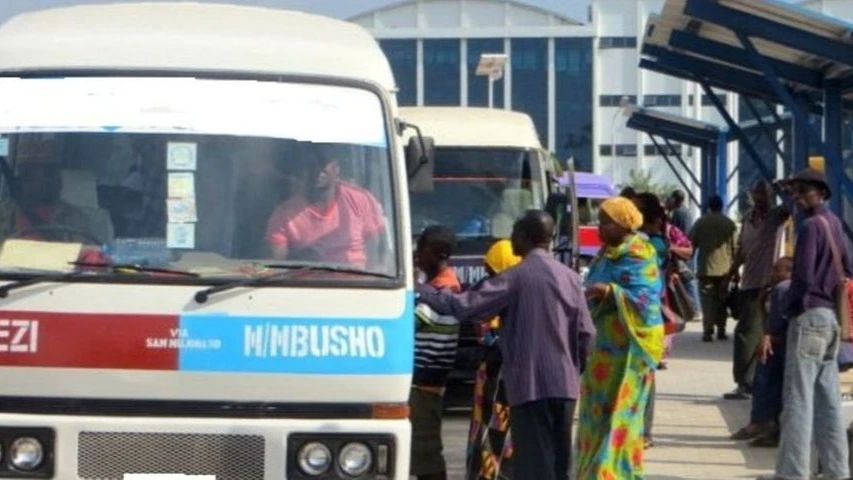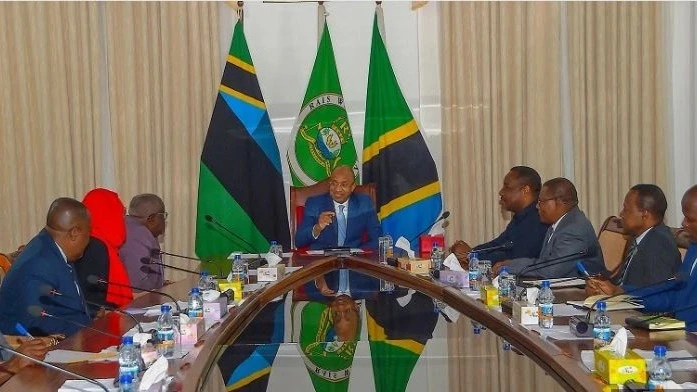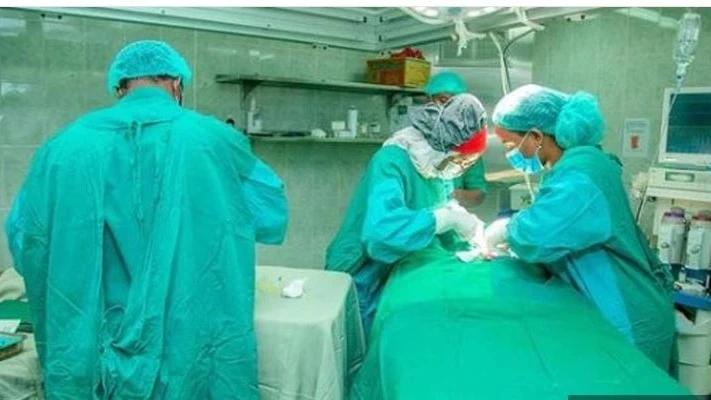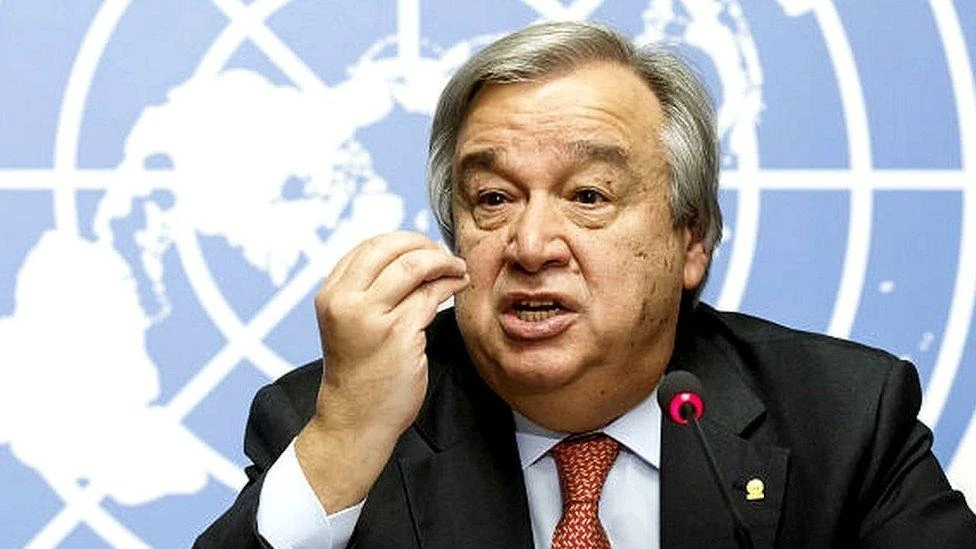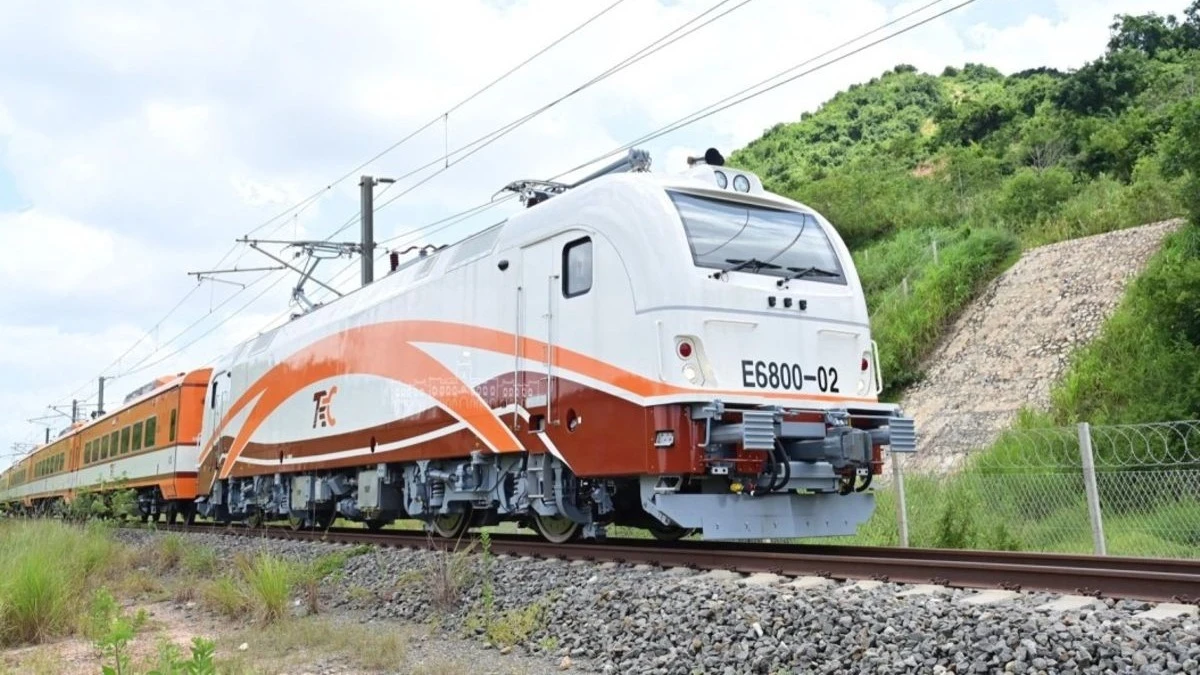Trading key minerals via local auctions by state agencies might stutter yet again
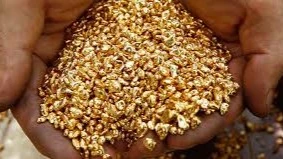
SEEING is believing. The saying could aptly apply to how far domestic gemstone auctions being reinstated at various points across the country will succeed in being used by miners and traders for window-dressing while they do their real business by auxiliary means.
Auctions are to take place in key mineral production, marketing and sales areas like Mirerani, Mahenge, Tunduru, Dar es Salaam, Arusha and Tanga, with more expected internationally in the likes of Thailand’s capital, Bangkok.
Auction procedures started after President Samia Suluhu Hassan’s directive as she inaugurated the Mwanza gold refinery back this June, which implies that local auctions will to that extent ease the way for the refinery to access gold ore.
With the major producers found in the formal sector, that should not pose problems. However, there are sharp revenue breaches when the minerals market is haphazard, as much of it is taken across borders.
So the issue is less about reinstating such actions than about aligning their conduct with markets in nearby areas in that miners could decide to sell there instead of being pushed to cross borders.
The Tanzania Mining Commission, in collaboration with the Tanzania Mercantile Exchange (TMX), is being assigned to steer those auctions, apparently equipped with an electronic trading system.
That is a significant point as electronic systems ease trading when taxes are minimal and make trading impossible when taxes are optimised and fully billed via that device.
As it is unclear that there is a rethinking of the tax levels directed at the sector, for both large miners and small-scale units, chances of enthusiastic use of auction mechanisms are limited.
The ministry is right now preoccupied with legal procedures needed for auction operations to start before the necessary infrastructure for domestic auctions is in place.
It is understood that those overseeing the project boast considerable exposure on how international exhibitions and auctions operate – and view local auctions as a window through which to promote local gemstones in wider markets.
Some would disagree, as it is enough for a trader to promote the goods he or she has online. Exchanges can be conducted in much the same way, without anyone needing to travel to Mirerani or some other auction centre.
Additionally, vital gemstones can do without exhibitions connecting local traders with reliable markets to ensure that they get fair and appropriate prices.
In the final analysis, the stumbling block is less the prices offered by traders but the levies levelled by the state, and there has been no hint that remedial or corrective action may come any time soon.
But as some ministerial officials might privately suggest, the procedures being set up will prove usable for traders and thus the new auction infrastructure will be put to good use.
With that, all that the public can do is to wait and see how far the new procedures are market-friendly. All fallback options of using informal selling mechanisms meanwhile remain in place.
Top Headlines
© 2024 IPPMEDIA.COM. ALL RIGHTS RESERVED






